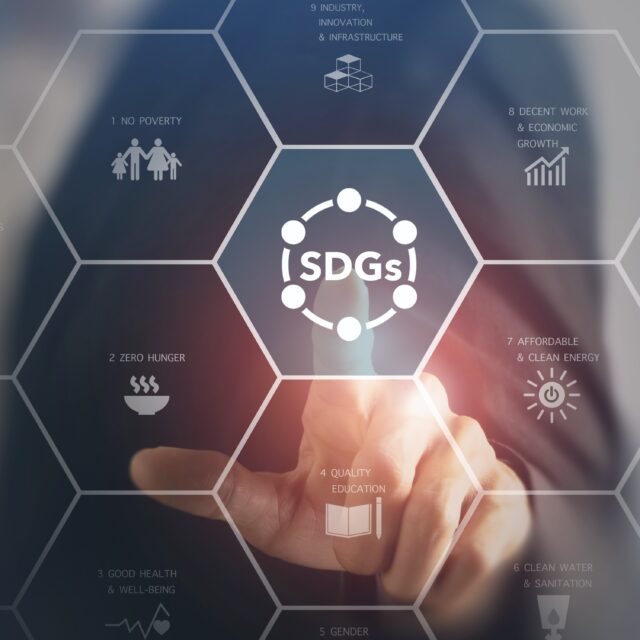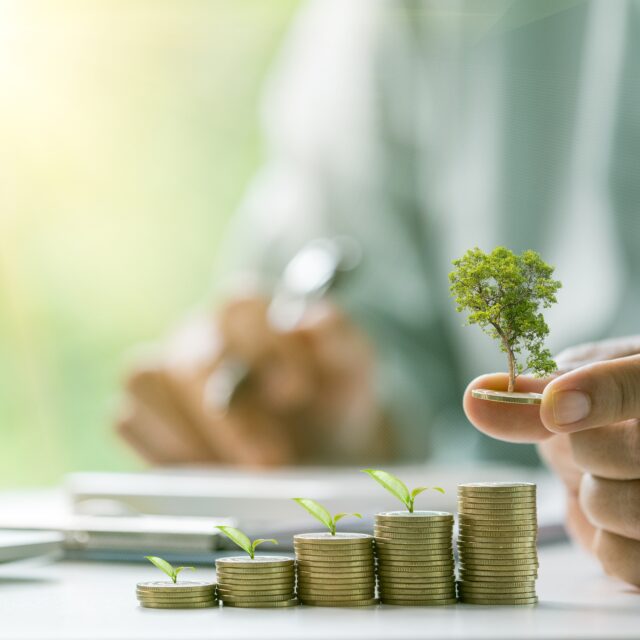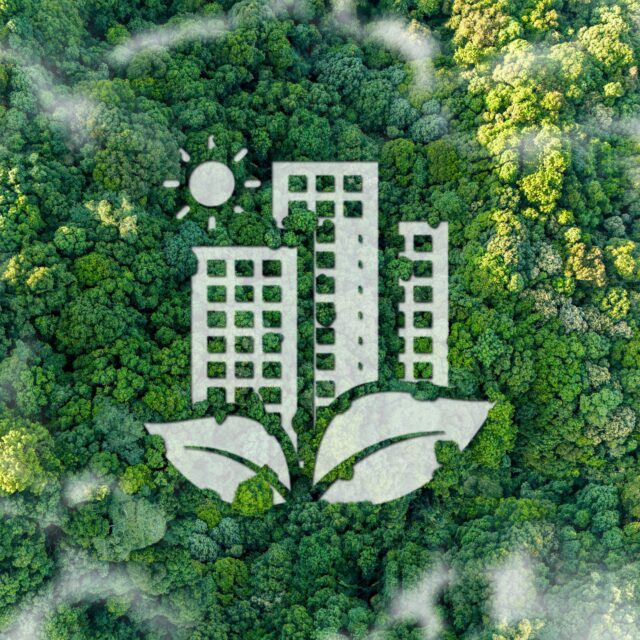

1. Economic Sustainability: We empower individuals and communities by providing them with the tools and resources they need to build sustainable livelihoods. This includes vocational training, job creation, and support for small businesses. Our goal is to create economic systems that promote prosperity without depleting natural resources.
2.Social Sustainability: Our programs are designed to build stronger, more resilient communities. We prioritize inclusivity, ensuring that all individuals, regardless of gender, age, or socio-economic status, can participate in and benefit from our initiatives. We advocate for social justice, gender equality, and the protection of human rights.


3. Environmental Sustainability: We promote practices that protect and preserve the environment. From clean energy projects to sustainable agriculture, our environmental initiatives are designed to reduce the human impact on the planet while ensuring that ecosystems continue to thrive for future generations.
1. Volunteer:
Whether it’s helping with local projects or participating in international initiatives, your time and skills can help bring about positive change.
Your financial support enables us to expand our programs and reach more communities in need. Every contribution, no matter how small, makes a difference.
3. Partner with Us:
We welcome partnerships with like-minded organizations, corporations, and governments to amplify our impact and accelerate progress toward the SDGs.
4. Advocate:
Raise awareness about the importance of sustainability by sharing our message and engaging with your community. Use your voice to influence policy and drive change at local, national, and global levels.
Measuring Our Impact: Accountability and Transparency
Transparency and accountability are fundamental to our work. We are committed to monitoring and evaluating our projects to ensure that they are effective, efficient, and aligned with our sustainability goals.
We use a combination of qualitative and quantitative data to measure the long-term impact of our initiatives, ensuring that our work delivers real, measurable benefits for the communities we serve and the planet.
But we cannot do it alone. We need your help to continue making a difference. Join us today and become part of the solution to the world’s most pressing challenges.
